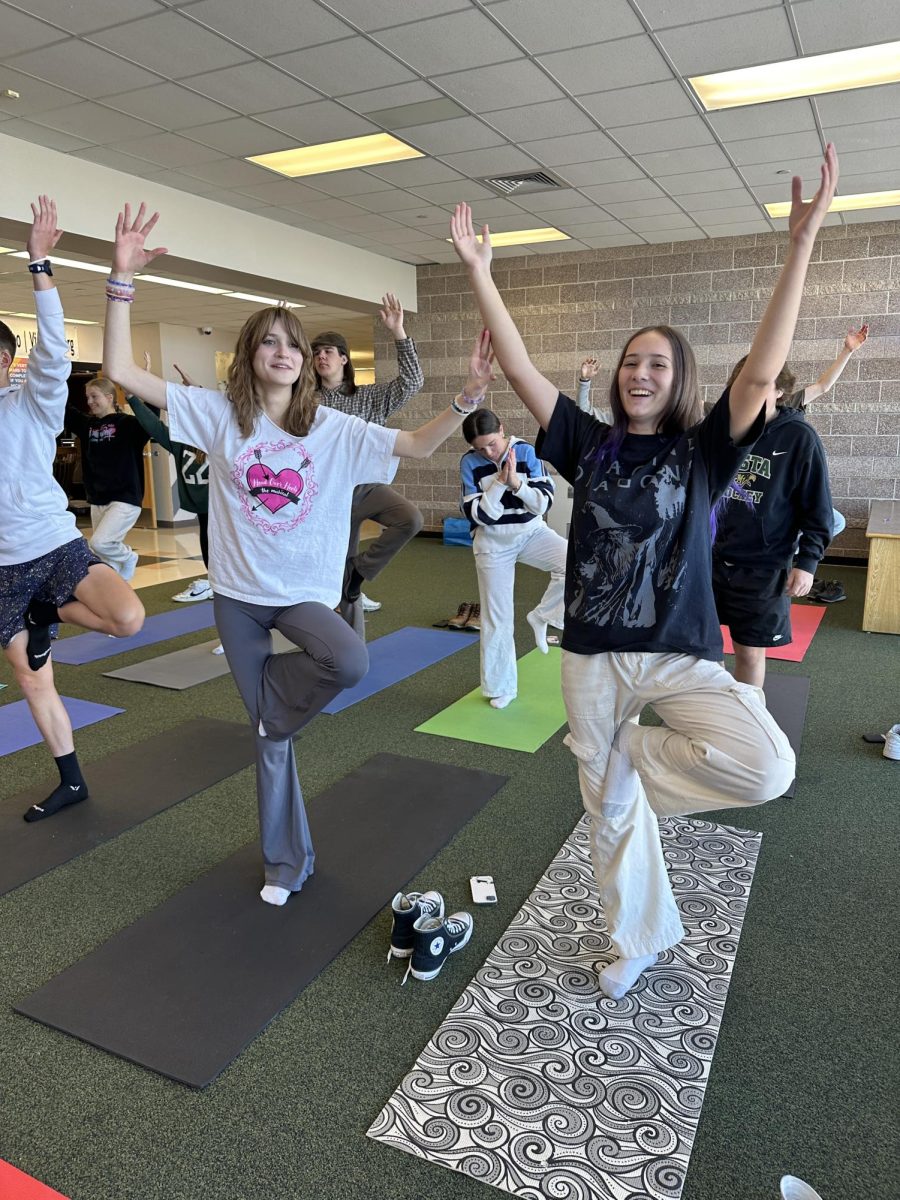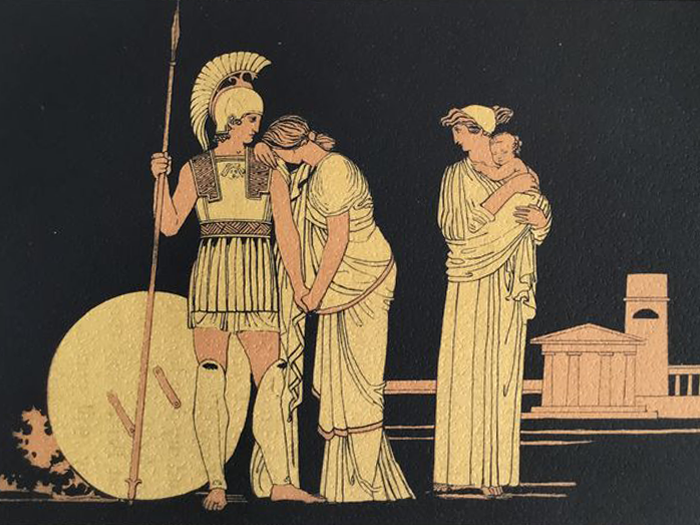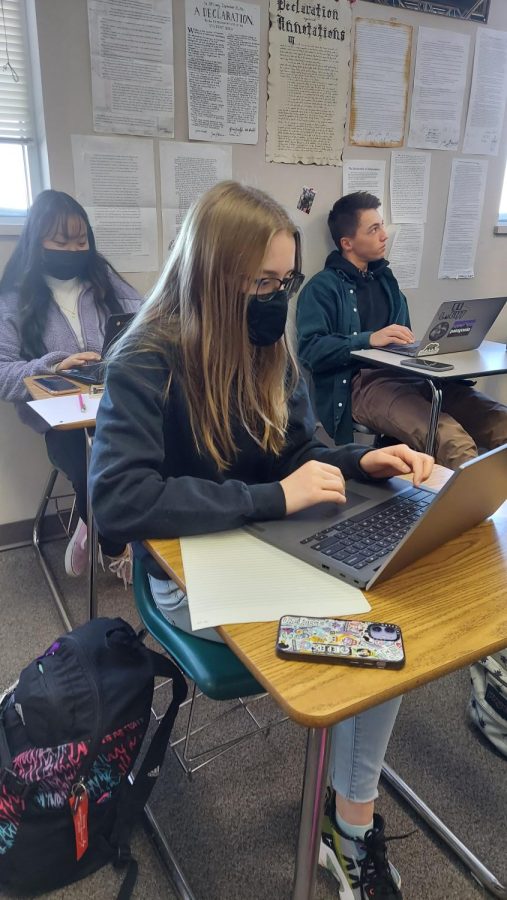I am well versed in writing poetry; have been since I was very young. I have notebooks upon notebooks stacked in my room full of poems. Most of them are haikus – because I try to write a haiku every time I feel bored – but there are a couple gems in there that I still read to this day. Naturally, I’ve figured out a couple things through the years. If you need to write a poem for your English class, or just want to improve your craft, here are five tips to help you.
1.) Be bored
I can’t stress the importance of this enough. If your brain is preoccupied with music, TV, games, social media or whatever else you use to distract yourself you aren’t allowing yourself to think independently. No one wants to read a poem they’ve read a thousand times before. Give your brain the time it needs to be creative.
How I apply this to my own life: every night I turn my light off at ten o’clock and lay in bed for an hour just thinking. I think about the events of that day, I think of my friends and family, I think of problems in the world and I think of my future. Through that thinking I come up with mental lists of topics I want to write about and what I want to say/convey for each one, which leads me to my next point.
2.) Write about something you’re really passionate about
When you write about something you’re really passionate about it shows in your writing. Passion is one of those emotions that is impossible to hide, especially in writing. Let it come through. Writing about a subject that doesn’t interest you reflects in a poorly written poem and it’s boring for your audience. Find something that interests you so much you can’t help but write on and on about it. You should have people begging you to tone it down because your emotions are just so overwhelming. That’s when you know you’ve found your niche.
How I apply this to my own life: As a very shy person, I gravitate towards writing pieces about scenarios that make me uncomfortable, such as public speaking or ordering food at a restaurant. It comes naturally because I have strong opinions on how shy people are treated.
3.) Have a broad vocabulary
Poetry is, in its most basic form, a form of art. Compare poetry to paintings. In paintings, some people can handle a monochromatic piece, but most people enjoy detailed, abstract and colorful pieces. The same goes for poetry. Poems should be deep, thoughtful and eloquent. You do not write colloquial poetry – a.k.a. the language you use to speak to your friends is not the same language you use to write poetry. Writing with a simple vocabulary versus a broad one is like Van Gogh creating the Starry Night with crayons or paint. Knowing a lot of words is also helpful if you are someone who likes to rhyme in your poetry. Having a broad vocabulary will allow you to find the best words that sound great together and give the best interpretation of your thoughts.
How I apply this to my own life: I always look to expand my vocabulary. If I come across a word I do not know I write it down with its definition in my notebook to study and learn later. Sometimes I just crack open the dictionary and read a random page. I also take a lot of inspiration from Eminem, who carries a notepad around with him and whenever he has down time he writes a bunch of words that rhyme together.
4.) Use metaphors
The beauty of poetry is being able to say what you want to say without coming right out and saying it. Poetry gives authors a sense of anonymity that other forms of writing don’t. Metaphors are a poet’s best friends. Nothing will get your message across stronger or resonate longer with your audience than a well-placed, well-thought out, well-delivered metaphor. The more it makes your reader think, the better.
How I apply this to my own life: Whenever I am forced to describe something I try to turn it into a metaphor. I challenge myself each day to come up with more and more bizarre comparisons.
5.) Share your piece with others
Sharing your work, your precious baby, is really hard to do. Poetry is one of the most raw and vulnerable forms of expression, so take that into consideration when writing your own work or listening to others. While sharing a poem is terrifying, (believe me, I know) it is probably the best way to become a better poet. Lots of different writers have lots of different ideas and styles, so branch out and find some other writers you trust and ask to share your work. Honest feedback can hurt sometimes, but it’s the best thing for you. Poetry is meant to be performed, so having feedback from your audiences is crucial.
How I apply this to my own life: I always share my work with my past and present English teachers. They know best, and they often offer great suggestions to improve my writing and take it to the next level. Your teachers are valuable resources! Use them as often as you can!






































